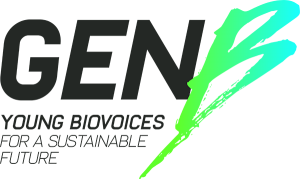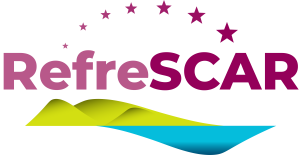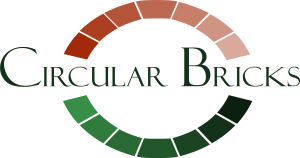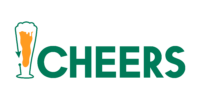BIO2REG project
This project ends on: 31/12/2026

Enabling transition towards circular and systemic BIOeconomy model regions by a Regions-to-Regions approach
A sustainable bioeconomy is essential for achieving the goals of the Green Deal. However, implementing a regional bioeconomy comes with various challenges. Bioeconomy model regions offer a systemic approach to transitioning to sustainable development. The EU-funded BIO2REG project aims to help greenhouse gas-intensive economies unlock their bioeconomy potential by moving towards model regions. The project will encourage interregional exchange and cooperation, providing regional stakeholders with a conceptual framework for regionalisation in model regions. This involves mapping best practices in a circular and sustainable bioeconomy, assessing bioeconomy potential, offering mentoring and training, forming transition alliances, and making policy recommendations. The project adopts a multi-actor approach by collaboratively creating tools and guides with regional stakeholders and engaging with regions through guided on-site exchanges.
Denise Gider: d.gider@fz-juelich.de
website: https://bio2reg.eu/



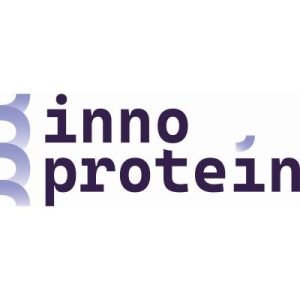
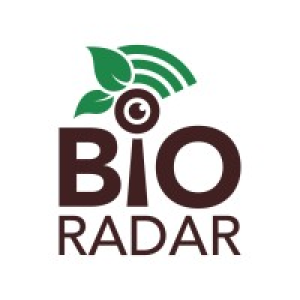
 The BlueMissionMed Coordination and Support Action (CSA) will design, structure and support a well-functioning basin scale innovation ecosystem, ensuring fast progress towards the achievement of EU Mission “Restore Our Oceans and Waters by 2030” objectives and important impact on the society.
The BlueMissionMed Coordination and Support Action (CSA) will design, structure and support a well-functioning basin scale innovation ecosystem, ensuring fast progress towards the achievement of EU Mission “Restore Our Oceans and Waters by 2030” objectives and important impact on the society.